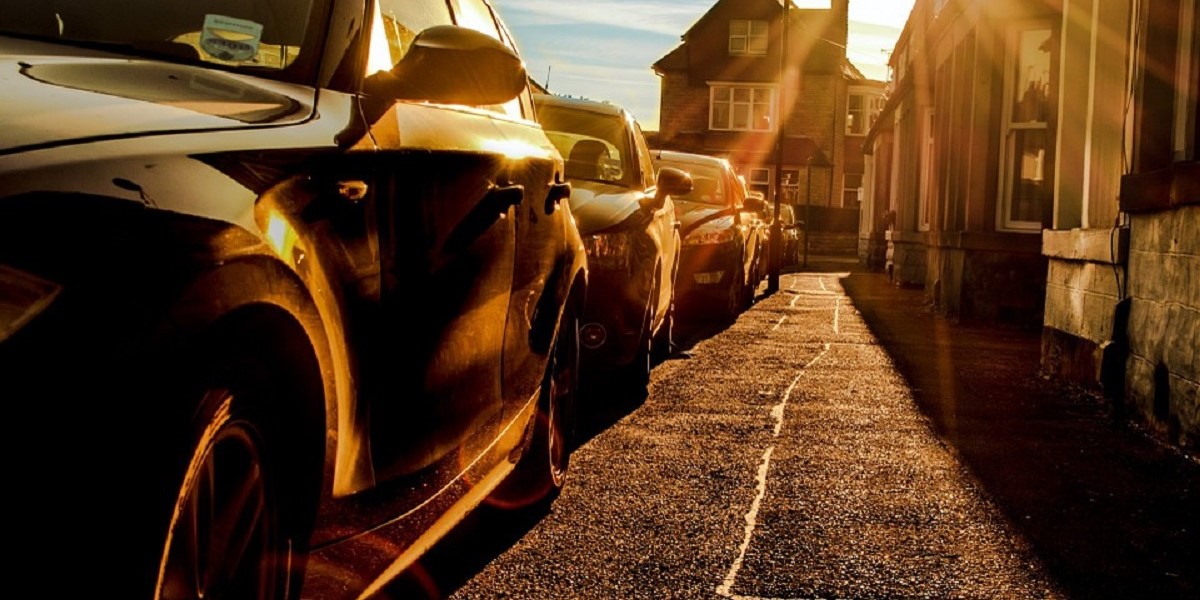5 Ways to Improve School Parking
You’ve introduced the 3PR School Parking Initiative, sent endless letters to parents and you regularly stand outside the school gates, yet school parking continues to be a problem.
Seeing parents and carers parking on double yellow lines, on “School Keep Clear” markings or across driveways is particularly disheartening when you feel like you’ve done everything you can to dissuade such behaviour. Fear not; 3PR has some creative ideas to keep all members of the school community engaged and active in the fight to tackle dangerous and inconsiderate parking. Keep reading for his 5 top tips to tackle school parking problems like a pro!
1 | A Parking Pledge
Ask parents to sign a parking pledge in which they promise to park with care, consideration and caution. 3PR has a great template to send to parents and carers at the start of a school year or term. Alternatively, children could work together to create their own document for the school, asking parents to promise to park safely and legally.

2 | Form a Junior Parking Squad
While Civil Enforcement Officers patrol schools on a regular basis, they could always use more help on the ground. That’s where your Junior Parking Squad comes in!
Nominate 7 to 10 Year 5 and 6 students to form the group, which patrols the school roads one morning a month (parental permission and risk assessment required). Dressed in high-vis, the squad will be highly visible to drivers and deter parents from parking inconsiderately. Any cars that are parked dangerously or illegally will be issued a JPS Parking Warning. This small square sticker can be designed by the squad, other students, or can simply read “Junior Parking Squad Parking Warning” and will warn parents against parking in this area.

3 | Make it Competitive
3PR encourages friendly competition between classes, but you could make it more individual! Ask students to record how often they walked, cycled or scooted (at least part of the way) to school. This could be done in a notepad or on a poster at the front of the classroom. Students who have walked, scooted or cycled most often throughout the term should receive some kind of reward, such as extra break time or a fun job they enjoy doing.

You can also increase the inter-class competitive spirit. Why not offer an additional incentive alongside the 3PR certificate and trophy? These could include choosing a game, drawing on the white board or extra house points. Knowing their children will be rewarded for their behaviour should motivate parents and carers to park according to 3PR’s rules.

4 | Regularly Promote 3PR
The 3PR initiative is a great way to engage all members of the school community; however, it works best when regularly promoted. A great way to keep everyone motivated is to create a 3PR notice board in the school’s reception area. This could display the current class winners, the class totals throughout the term, a school year leader board, as well as other parking and road safety artwork.
Why not nominate a few student 3PR Representatives to maintain this board and regularly promote 3PR at the school? These students could also write letters to parents, hold parent meetings/assemblies and create new competitions around parking and road safety. They could also be responsible for counting tokens and keeping staff updated on the winning class, which could also be promoted on the school website.

5 | Let Kids Get Creative
Children often have great ideas of their own to improve school parking. Why not put parking at the top of your School Council agenda? Students may come up with creative initiatives that us adults would never think of!
You could also ask children to design their own parking posters. These can then be made into banners to put on the school gates, uploaded to the school website as a reminder or dotted around school corridors. To practice writing skills and tackle parking problems, children can also be invited to write letters to their parents or carers to address specific issues. Children might, for example, ask their mum to stop parking on double yellow lines, or encourage their uncle to stop parking in front of driveways.

